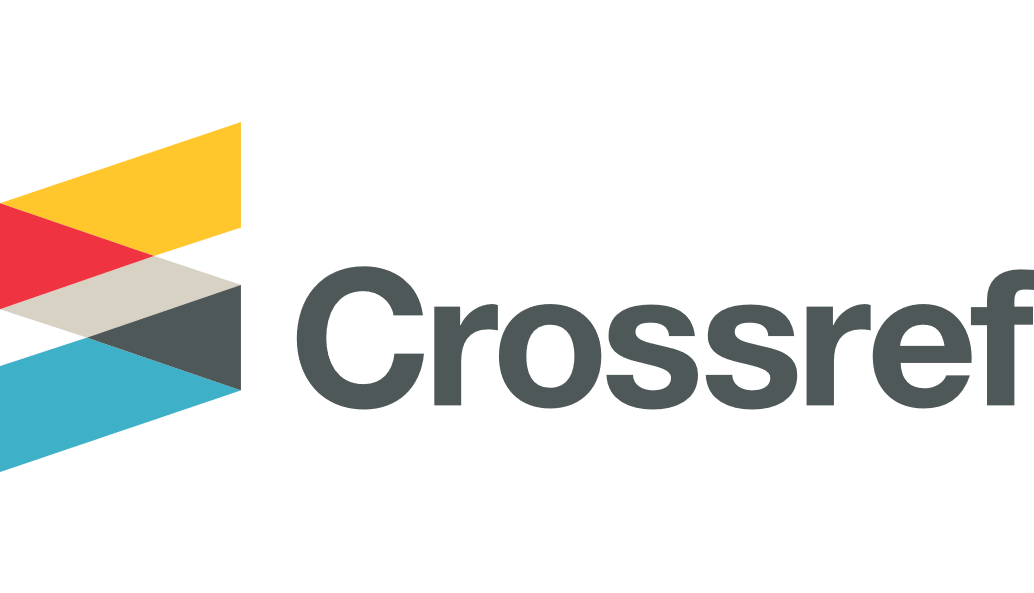Keywords
therapeutic hypothermia, insulin resistance, sudden cardiac arrest
Abstract
Background: Hyperglycemia is common in critically ill patients and has been associated with poor outcomes. The effect of hypothermia, whether induced or spontaneous, on insulin resistance and hyperglycemia is not well understood and sometimes overlooked.
Objectives: To review the literature on glucose metabolism and insulin resistance in patients treated with therapeutic Hypothermia (TH) after sudden cardiac arrest (SCA). And also to present knowledge about the possible effects of hypothermia on glycemic control and insulin sensitivity.
Methods: we present an example of extreme insulin resistance during the period of therapeutic hypothermia in a patient who was admitted after a sudden cardiac Arrest. Literature review was conducted as a Medline/PubMed search. Studies were assessed regarding designs, primary and secondary efficacy parameters on TH after sudden cardiac arrest and effects on glucose metabolism.
Results: A 68-year-old male who was admitted after SCA was noted to have extreme insulin resistance during TH which completely resolved during the rewarming phase of TH. No randomized, controlled trials were found in the Medline search. Two studies found that there was an increase in insulin resistance during TH especially during the cooling phase, whereas three studies found no direct association between TH and blood glucose levels.
Conclusion: There is a possible association between TH and a reversible form of insulin resistance. More studies are needed. Patients who are treated with TH after SCA may present a challenge in glucose management.


